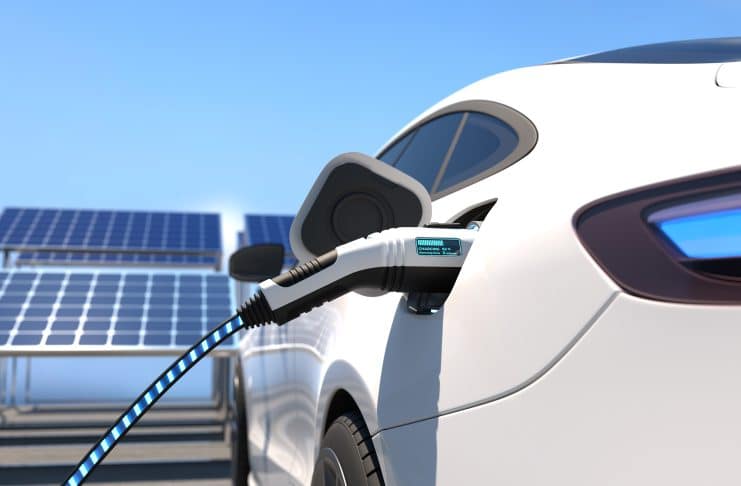California has long been a source of political trends that can reshape how other states, and the nation as a whole, practice politics and government. That doesn't mean they've been very good ideas, and a case in point is a recent requirement that the rich pay more for…energy use.
On the surface, it makes sense…if one believes the rich are simply individuals to be milked for cash. And that the cash haul will be enormous. And it will flow, seamlessly, to the poor, the needy, and a handful of favored middlemen. Oh, and the blithe assumption that the tax policy itself will in no way end up being such an incomprehensible hash it completely undermines its goals.
Guess what? The new California energy policy does all of that, and more. As Reason's Ron Bailey gamely attempts to explain, the scheme, with its income brackets and fee structures, could actually end up subsidizing the rich:
Perversely, if a high-income residential customer's monthly electric bill is $400 per month, that is, $4800 annually, the fixed fee scheme ends up lowering their power bills. The new lower rates mean that the expense for their electricity use drops to $2,784. Adding the $1,536 fixed fee brings the new bill's total to $4,320 annually, an annual reduction of nearly $500 for such a high-income customer.
And that's just the beginning. There's also the stated goal of encouraging people (presumably those who get lower power rates) to use more electricity for just about everything they do. It's good for the environment, right? What could possibly go wrong with this?
…the value of the investments in energy efficiency already made by millions of Californians will be undercut. For example, consider a high-income customer who has put in better insulation, bought energy-sparing appliances, or even installed a solar energy system and thereby cut his monthly electric bill to $50 per month. His cost for electricity is now $600 annually. The 42 percent cut in his rates lowers that to $348 per year, but the total fixed fee is $1,536. That results in more than tripling his bill to $1,884 annually.
The incentive to do the other things governments desperately want people to do – upgrade insulation, windows, doors, appliances, and so on – collapses. Yes, you could still do those things if it makes you feel better. But none of it will lower costs if you happen to be on the naughty list…sorry, “rich”
And that is the sticky issue: how to keep track of the incomes of electricity users to ensure they are getting stuck with the right fees. Bailey notes that “utility companies want the state government to supply them with that information.”
Which is the only real way to make the program work. If we ignore the enormous legal, ethical, and security concerns of handing private companies sensitive tax data, of course.
Though there may be a green upside to all this that state planners and lawmakers haven't considered: this byzantine system could spur those with means (the evil “rich”) to go entirely off the grid. Or decide that it makes more sense to pull up stakes, and leave the Golden State and its increasingly unhinged political culture for good.
The opinions expressed in this article are those of the author and do not necessarily reflect the positions of American Liberty News.
RELATED: Energy Chief Insists All Military Vehicles To Be All-Electric By 2030



The molden state.
Wont work:
No energy planned
Dated Grid
What’s Gub’nor HairGel gonna’ do when the last tax-paying citizens have left the state?
Invade Oregon, Nevada, and Arizona?
Kaliforniastan, the People’s Republik of Fruits and Nuts!